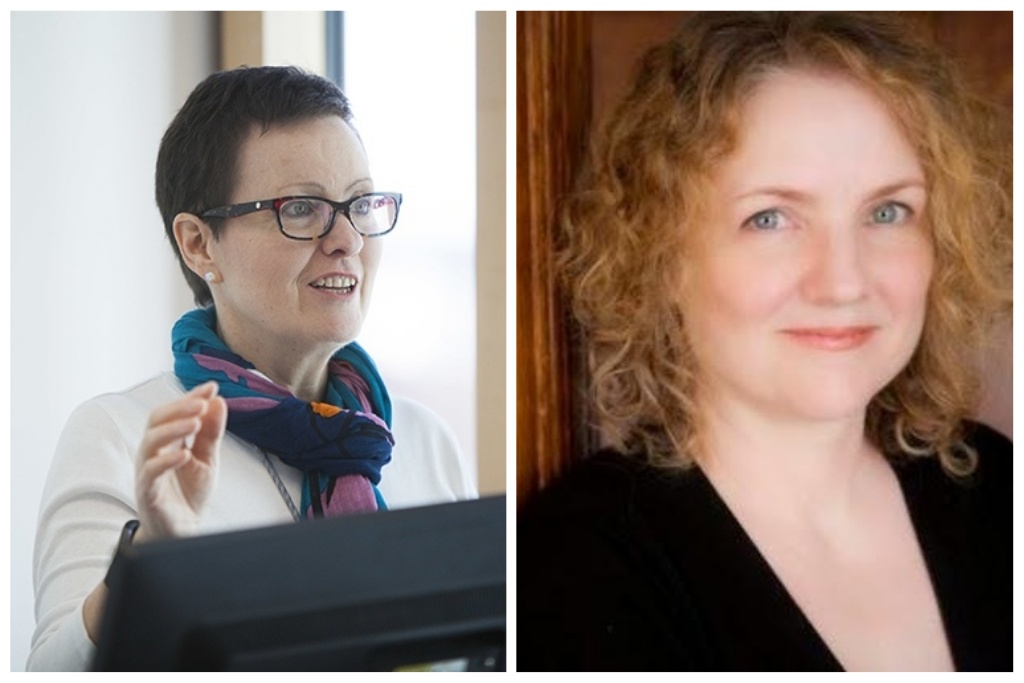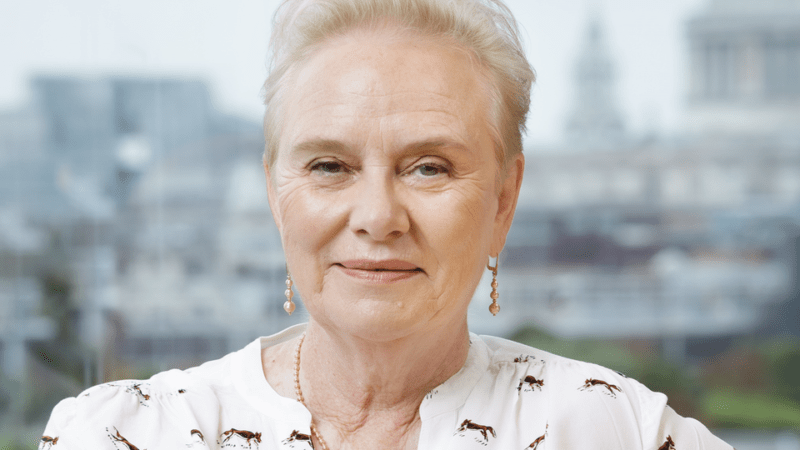New appointments to the ACMD Board

Experts in topics including clinical toxicology, drug markets, social research and social care have been appointed to the Advisory Council on the Misuse of Drugs (ACMD), to help deliver the ACMD’s vital ongoing work. The 3 appointments to the ACMD will serve 3 year terms, commencing 1st August 2020.
The ACMD is an independent body which makes recommendations to government on the control of dangerous or otherwise harmful drugs, including classification and scheduling under the Misuse of Drugs Act 1971 and its regulations.
The new appointees being announced today are:
Professor Sarah Galvani, professor of Social Research and Substance Use at Manchester Metropolitan University
Professor Judith Aldridge, professor of criminology at the University of Manchester
Dr David Wood, consultant physician and clinical toxicologist at Guy’s and St Thomas’ Hospital, and Reader in clinical toxicology at King’s College London
The Chair of the Advisory Council on the Misuse of Drugs, Professor Owen Bowden-Jones, said:
"I am delighted to welcome the new members to the ACMD. Their range of expertise will ensure that the Council continues to provide the best possible evidence-based advice on the harms of drug misuse. I look forward to working with each of them on a range of projects."
About Professor Sarah Galvani
Sarah Galvani is Professor of Social Research and Substance Use at Manchester Metropolitan University (MMU) which she joined in September 2014 following six years at the University of Bedfordshire where she was Assistant Director of a social care research centre, the Tilda Goldberg Centre for Social Work and Social Care (TGC). Prior to that she held lectureships/senior lectureships at Birmingham and Warwick universities respectively. Professor Galvani completed her PhD on Women's Perspectives: the Role of Alcohol in Violence to Women at University of Hull in 2003.
She is a registered social worker, with a background in mental health, homelessness, and substance use in both the UK and USA and had also worked for the probation service and with women experiencing domestic abuse. In addition her voluntary work in palliative care, needle exchange programmes, with people with HIV/Aids, and substance use services has kept her in touch with social care and social work practice.
About Professor Judith Aldridge
Judith Aldridge is Professor of Criminology in the Centre for Criminology and Criminal Justice in the School of Law, University of Manchester. Over the last five years she has pioneered research in the area of ‘virtual drug markets’, culminating in the first publication connected to drug sales on ‘Silk Road’. She co-edited a special issue of the International Journal of Drug Policy on cryptomarkets with Monica Barratt (October 2016). In connection to this work, she has acted in advisory/expert capacity to agencies including the Pompidou Group of the Council of Europe, the European Monitoring Centre for Drugs and Drug Abuse (EMCDDA), the International Drug Policy Consortium (IDPC), and the European Commission.
Research established earlier in her career had a particular focus on recreational drug use among adolescents and adults, culminating in the development of the ‘normalisation thesis’ as applied to adolescent recreational drug use.
About Dr David Wood
David Wood is a consultant physician and clinical toxicologist at Guy's and St Thomas' and reader in clinical toxicology at King’s College London.
He has a clinical, research and academic interest in epidemiology of use of and acute harms related to recreational drugs, new psychoactive substances (NPS) and misused prescription medicines.
He is a co-opted member of the UK Advisory Council on the Misuse of Drugs (ACMD) and expert advisor to the European Monitoring Centre for Drugs and Drug Addiction (ECMDDA), World Health Organisation (WHO) and United Nations Office on Drugs and Crime (UNODC) in the area of recreational drugs and NPS.
Appointments to the ACMD attract no remuneration, and have been made in accordance with the Cabinet Office Code on Public Appointments.




